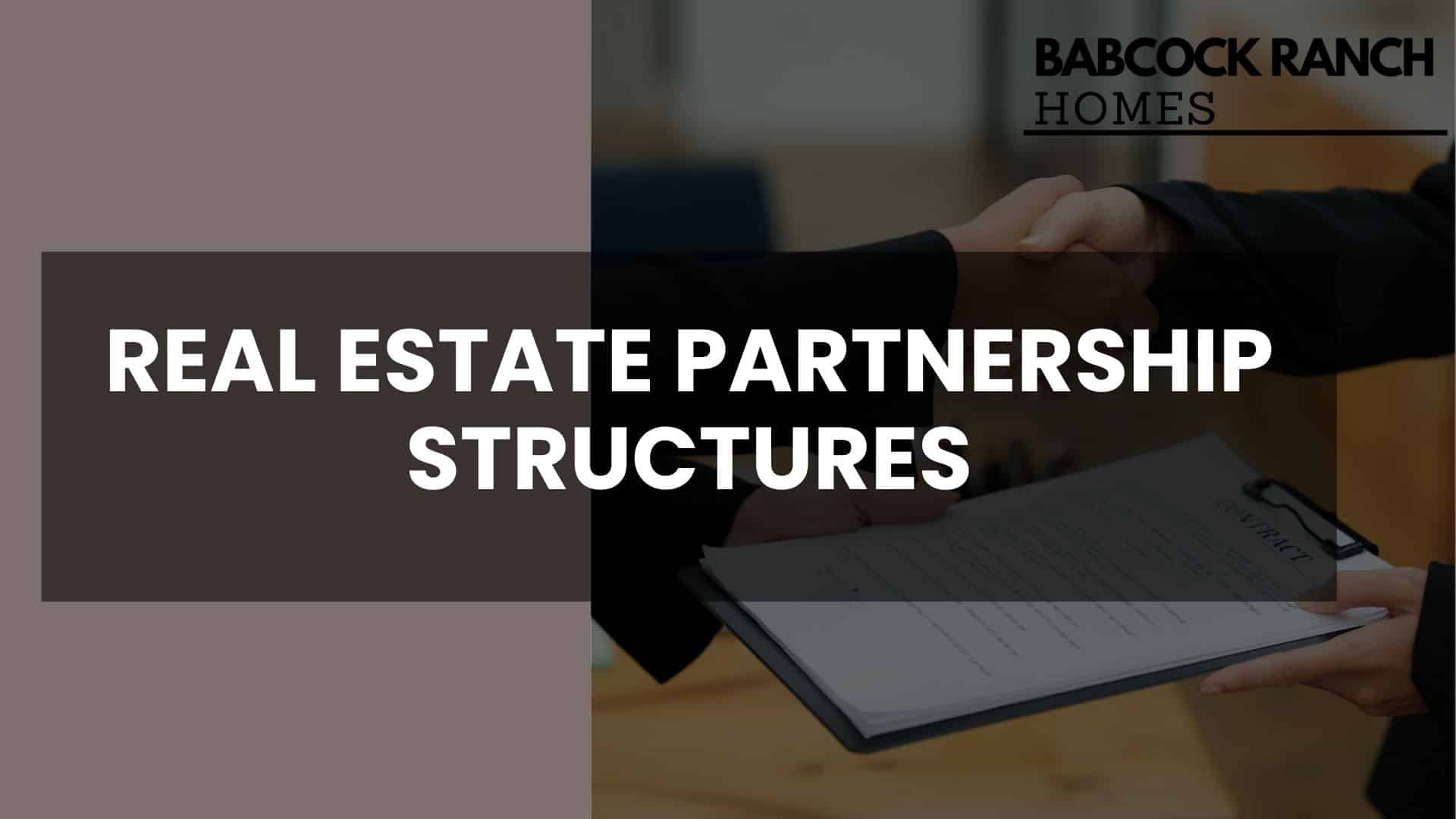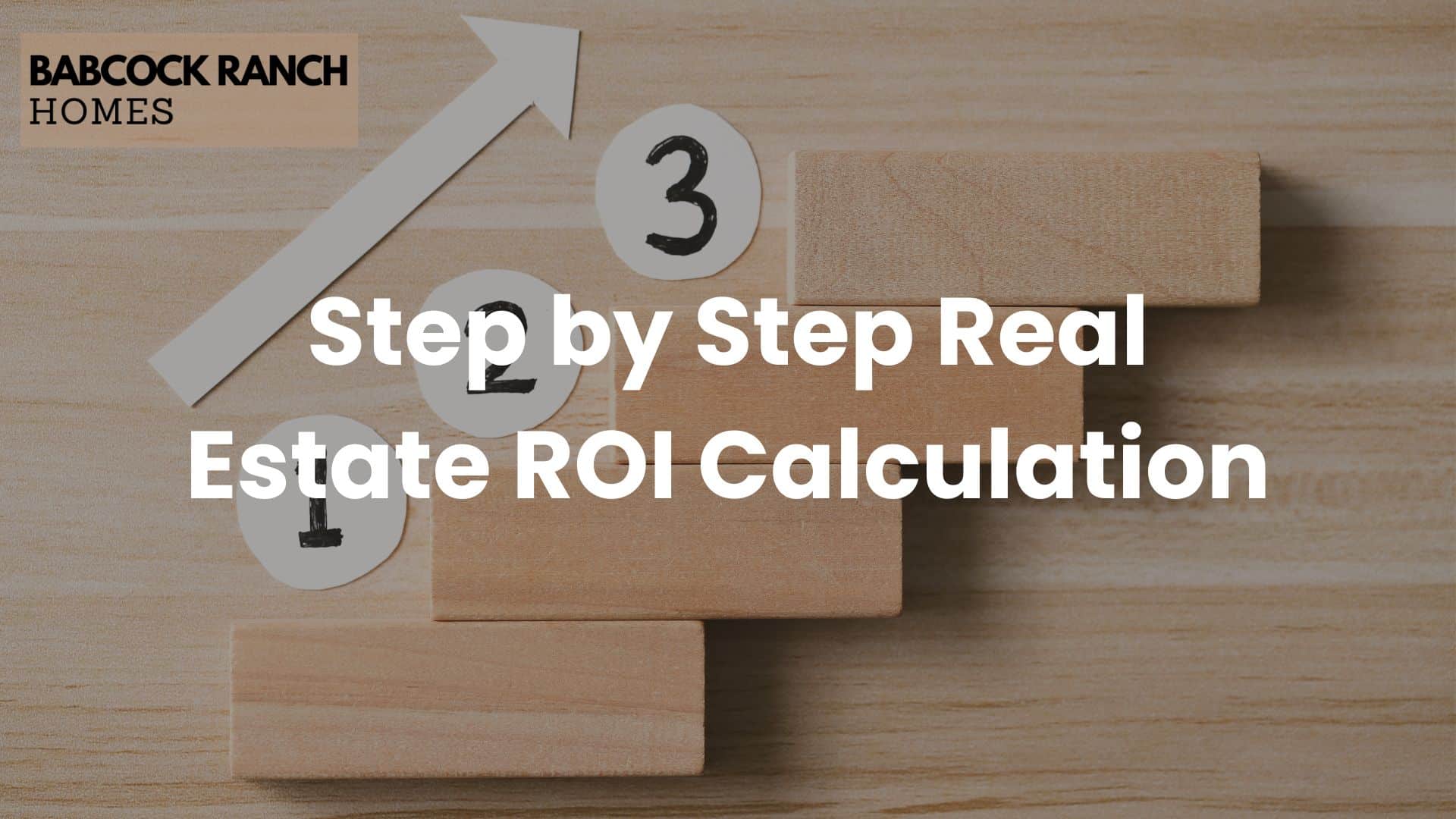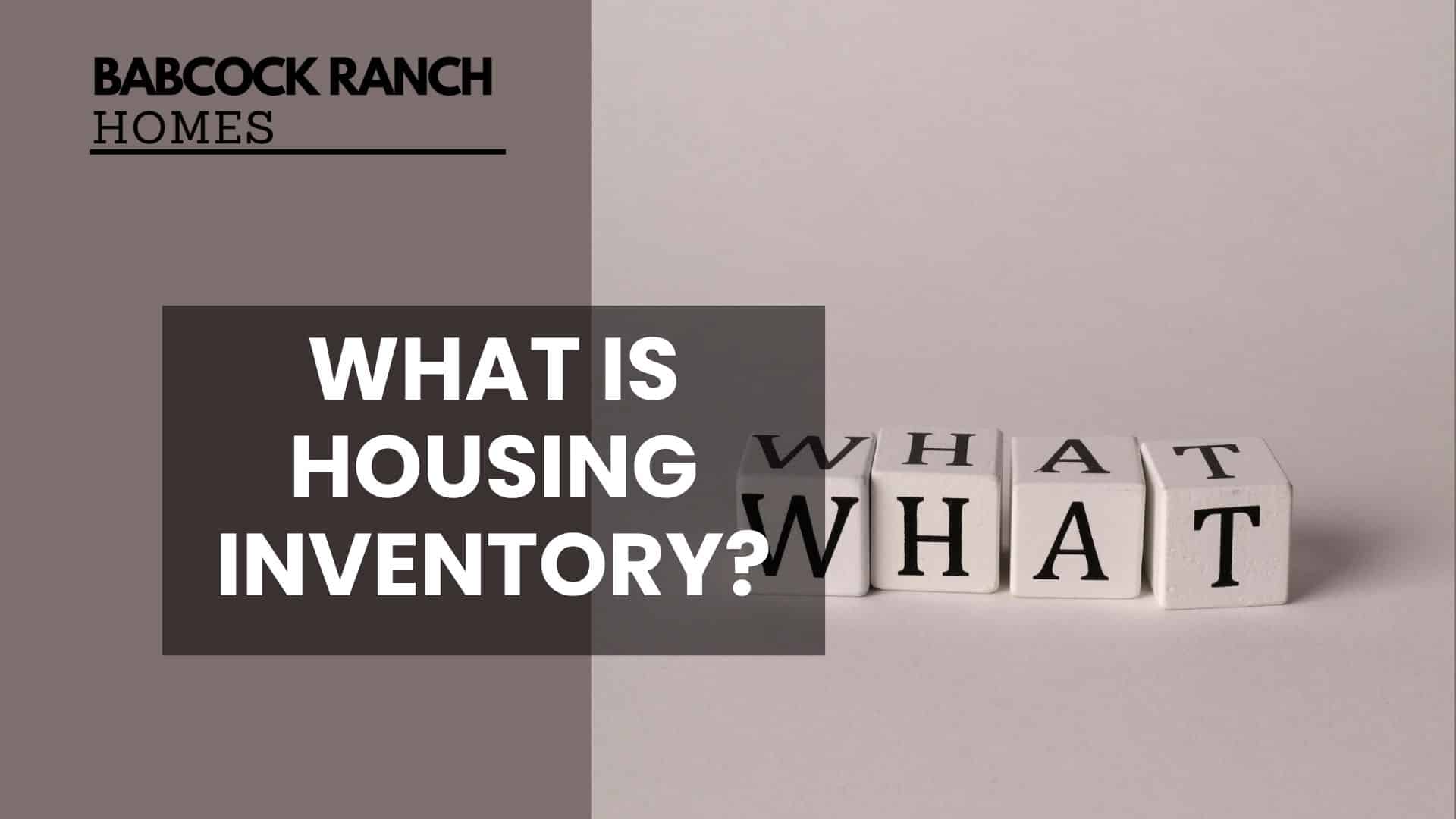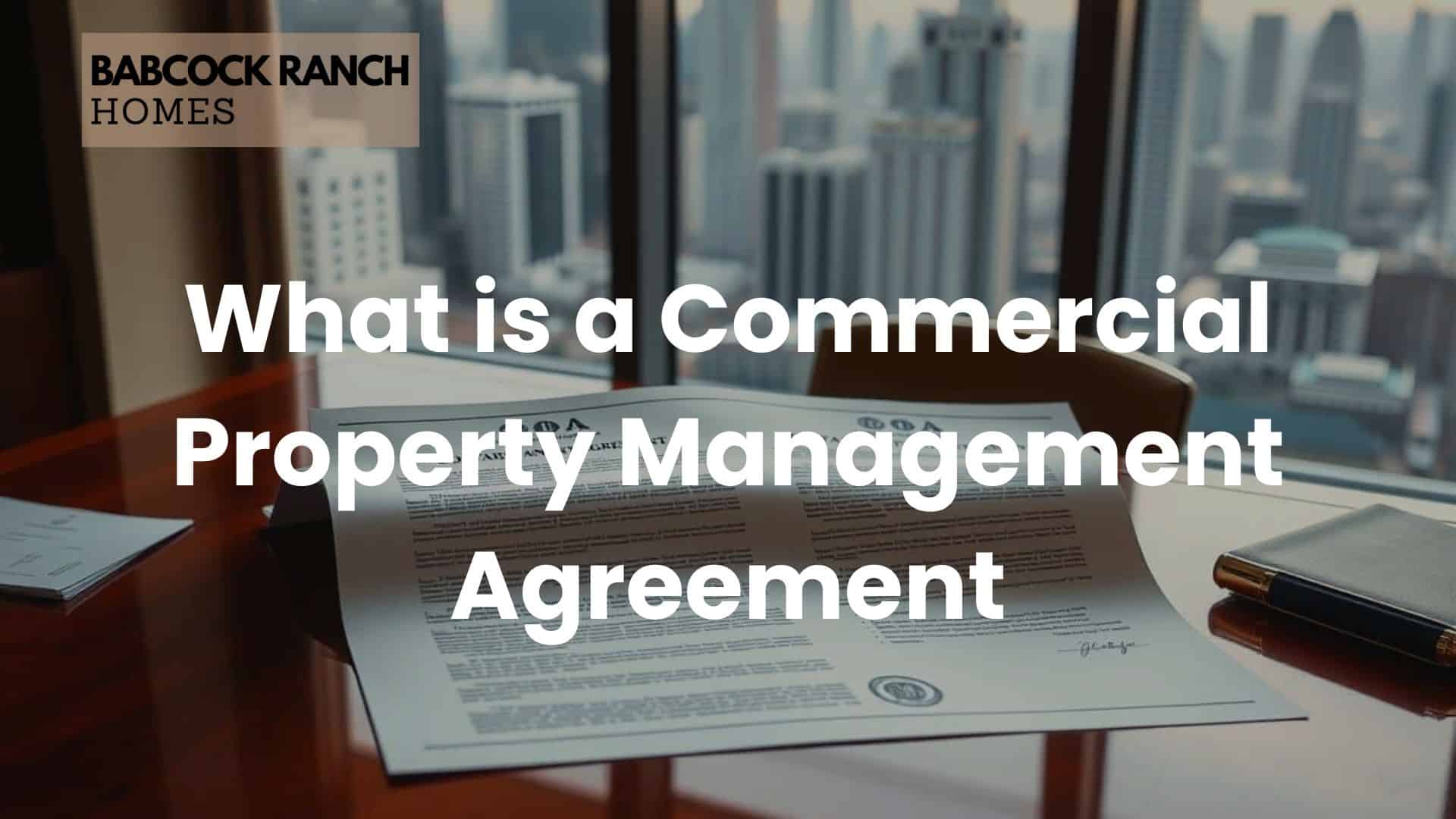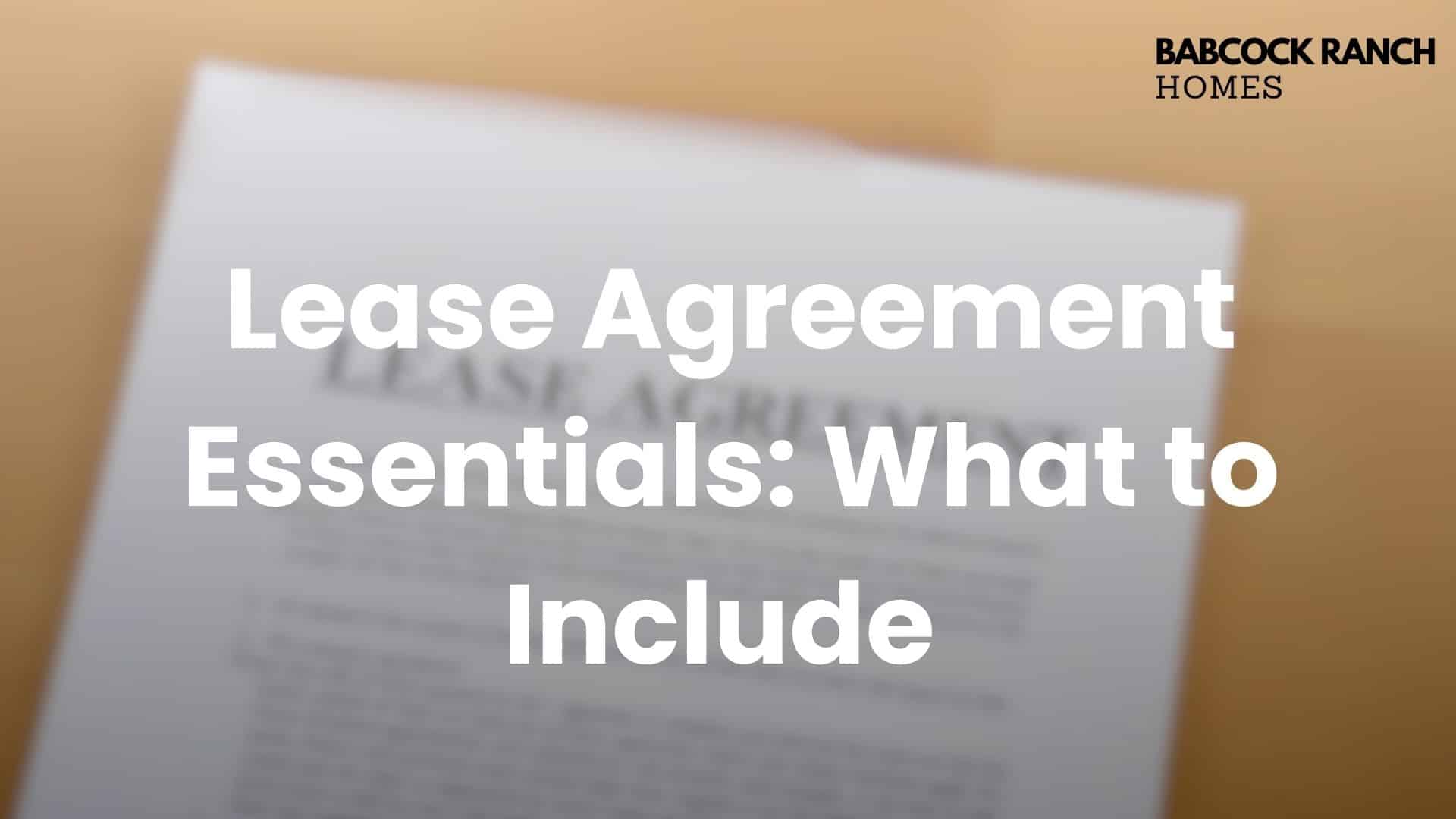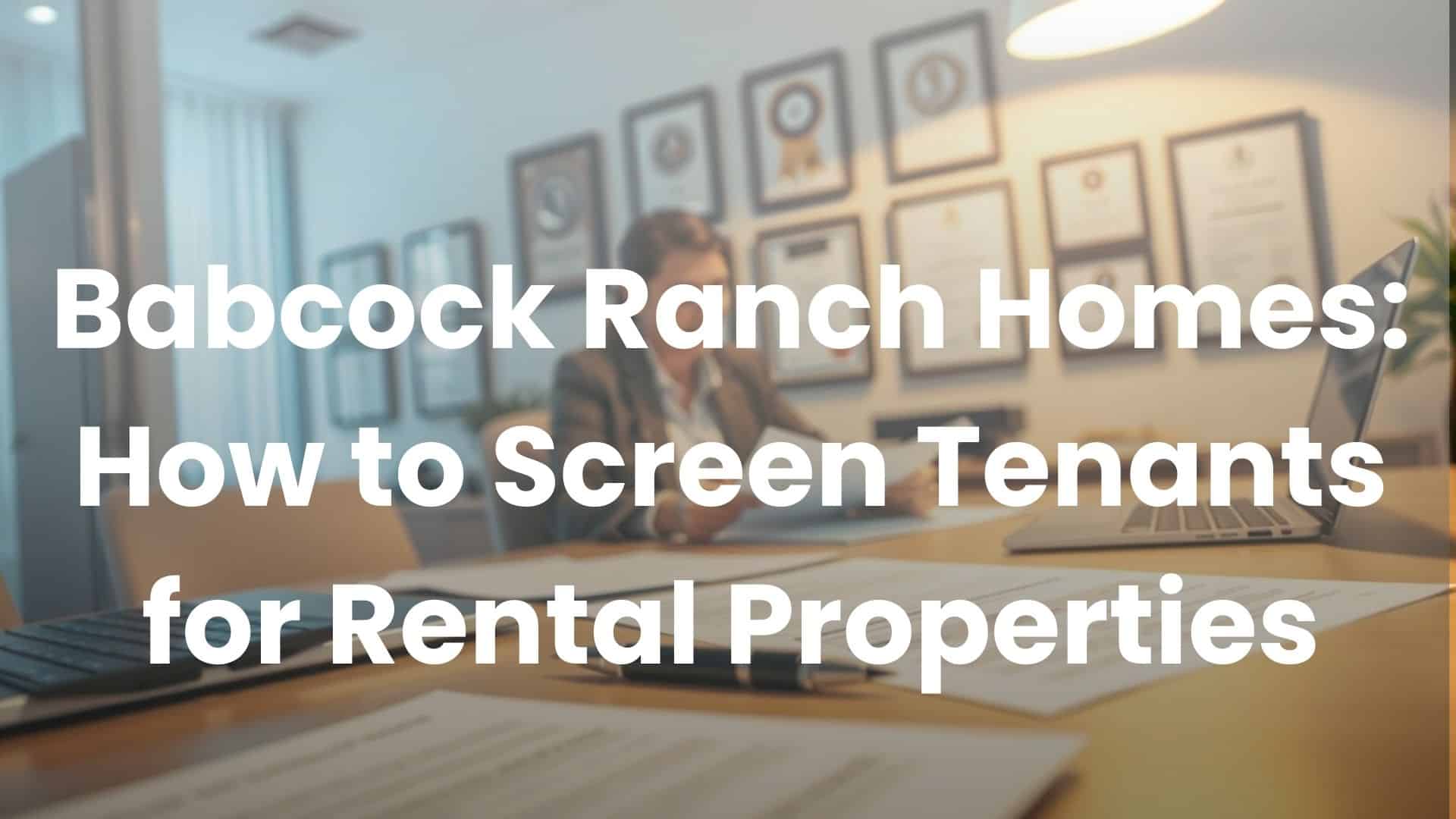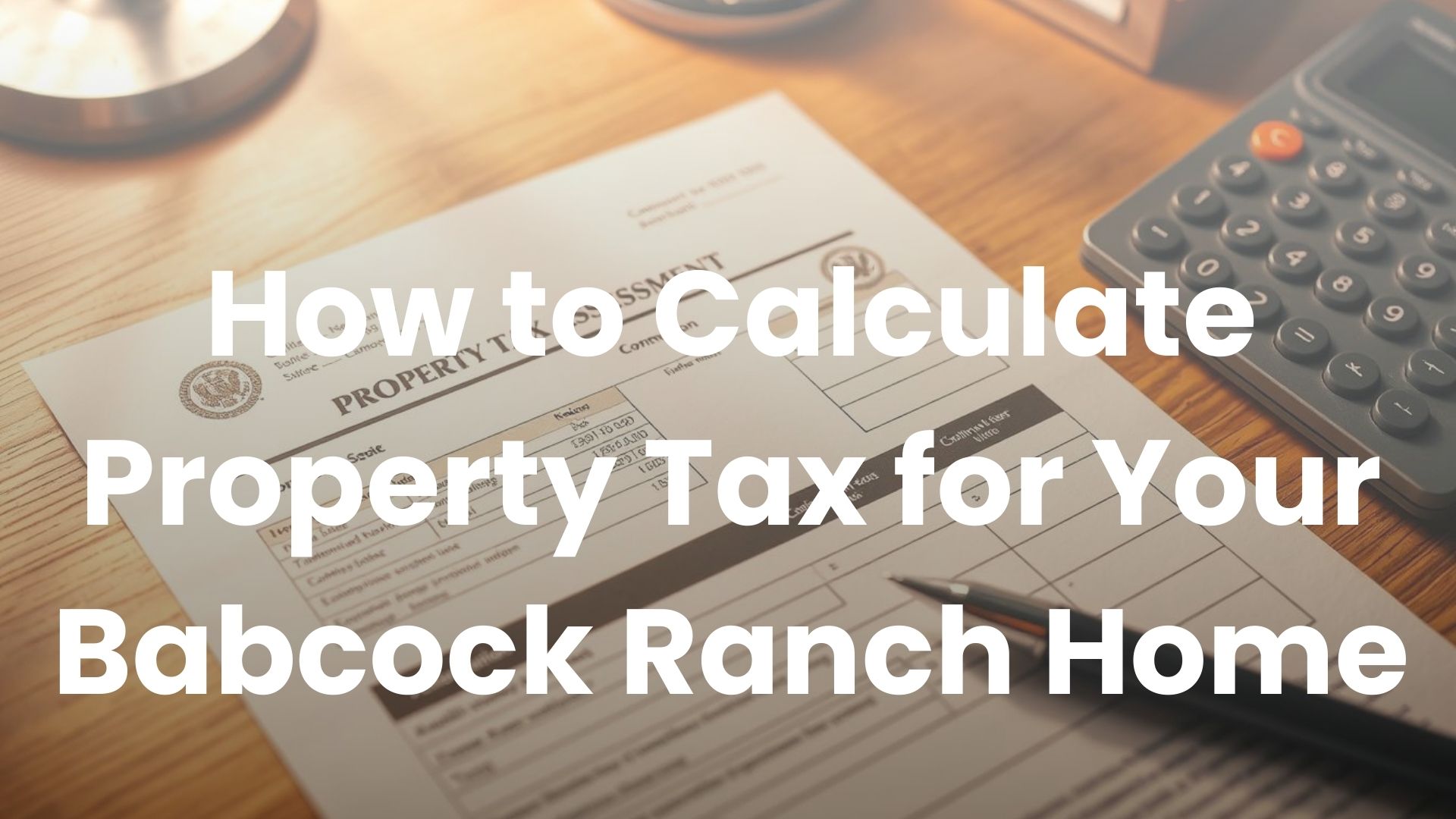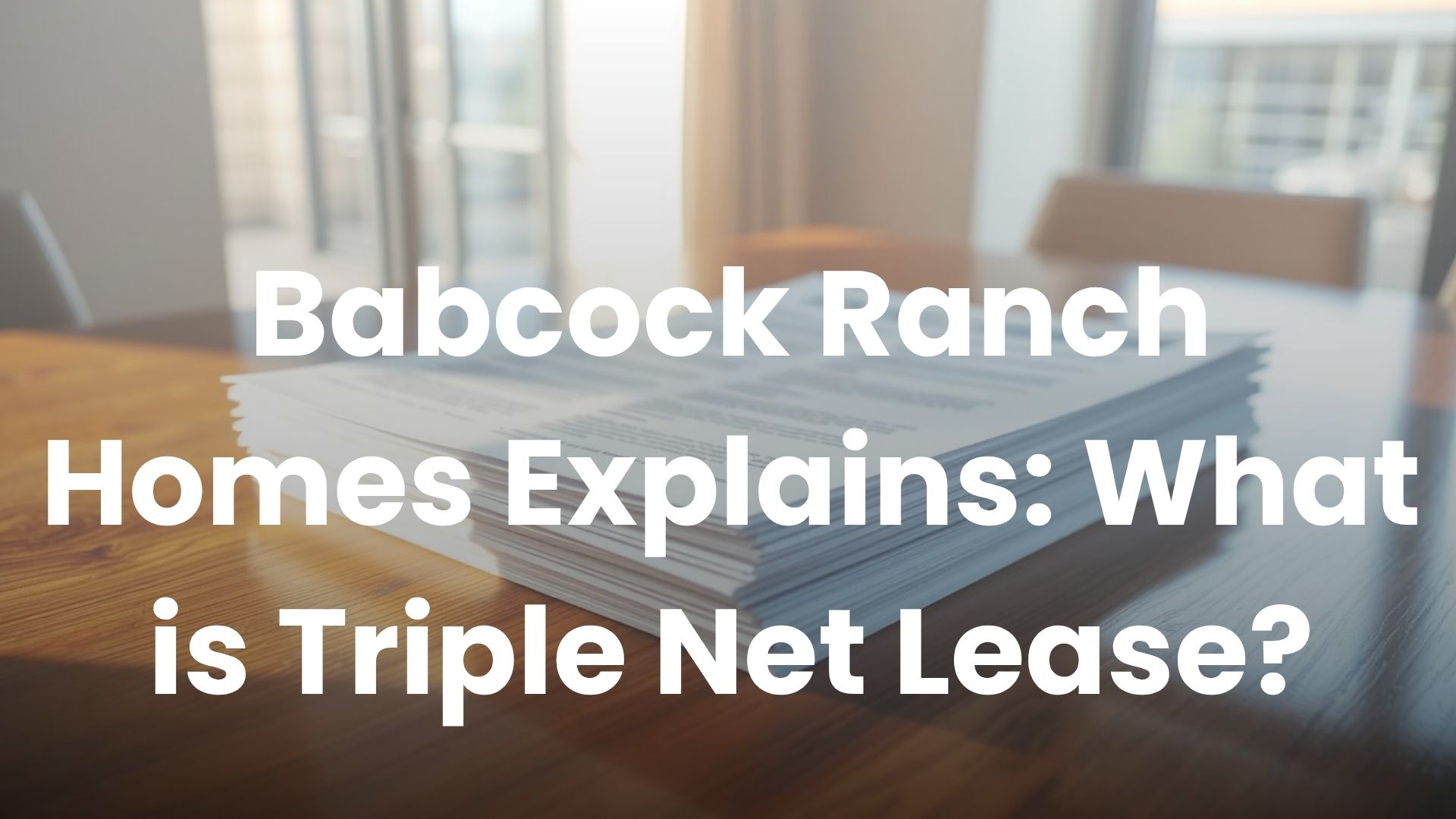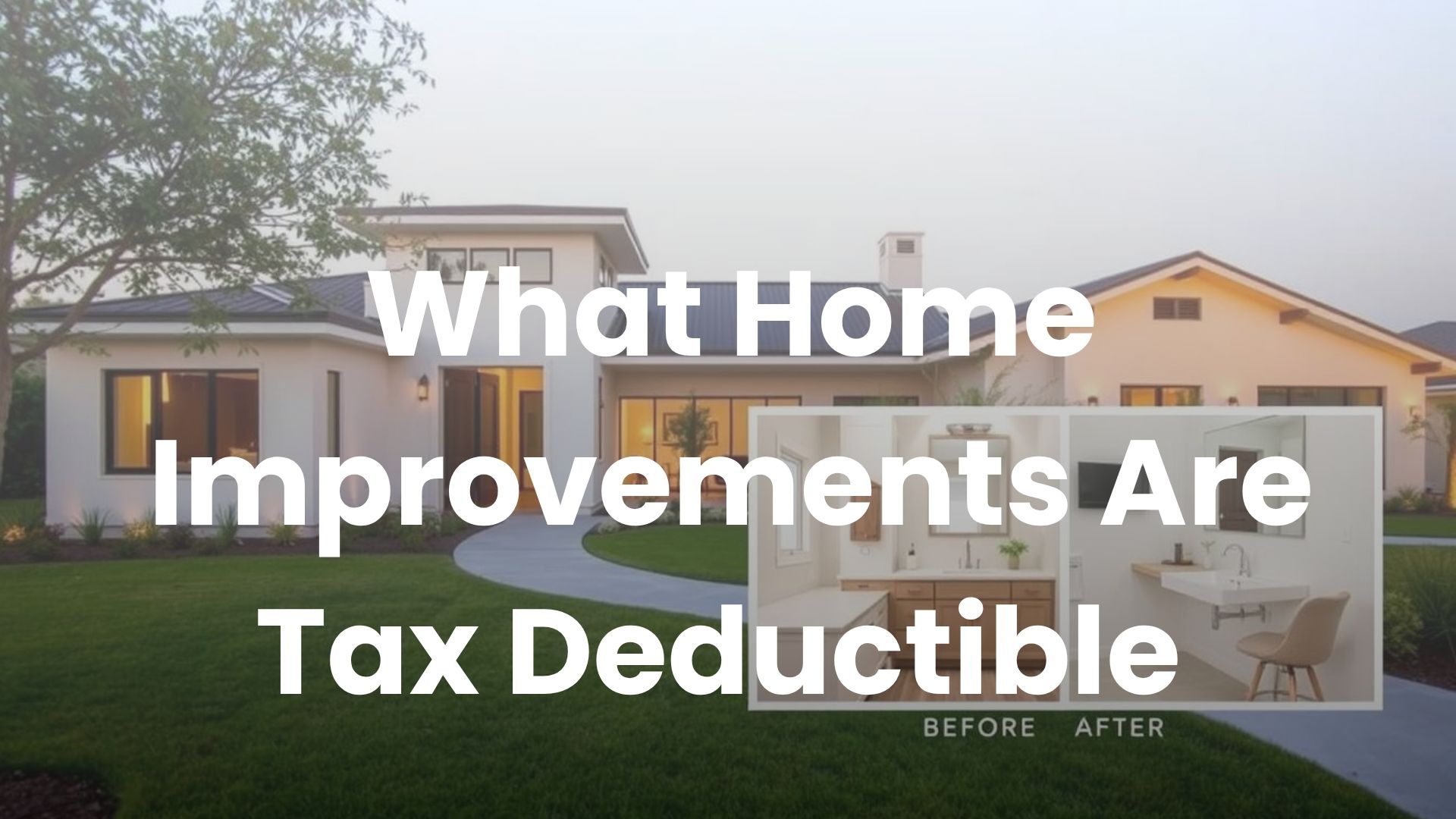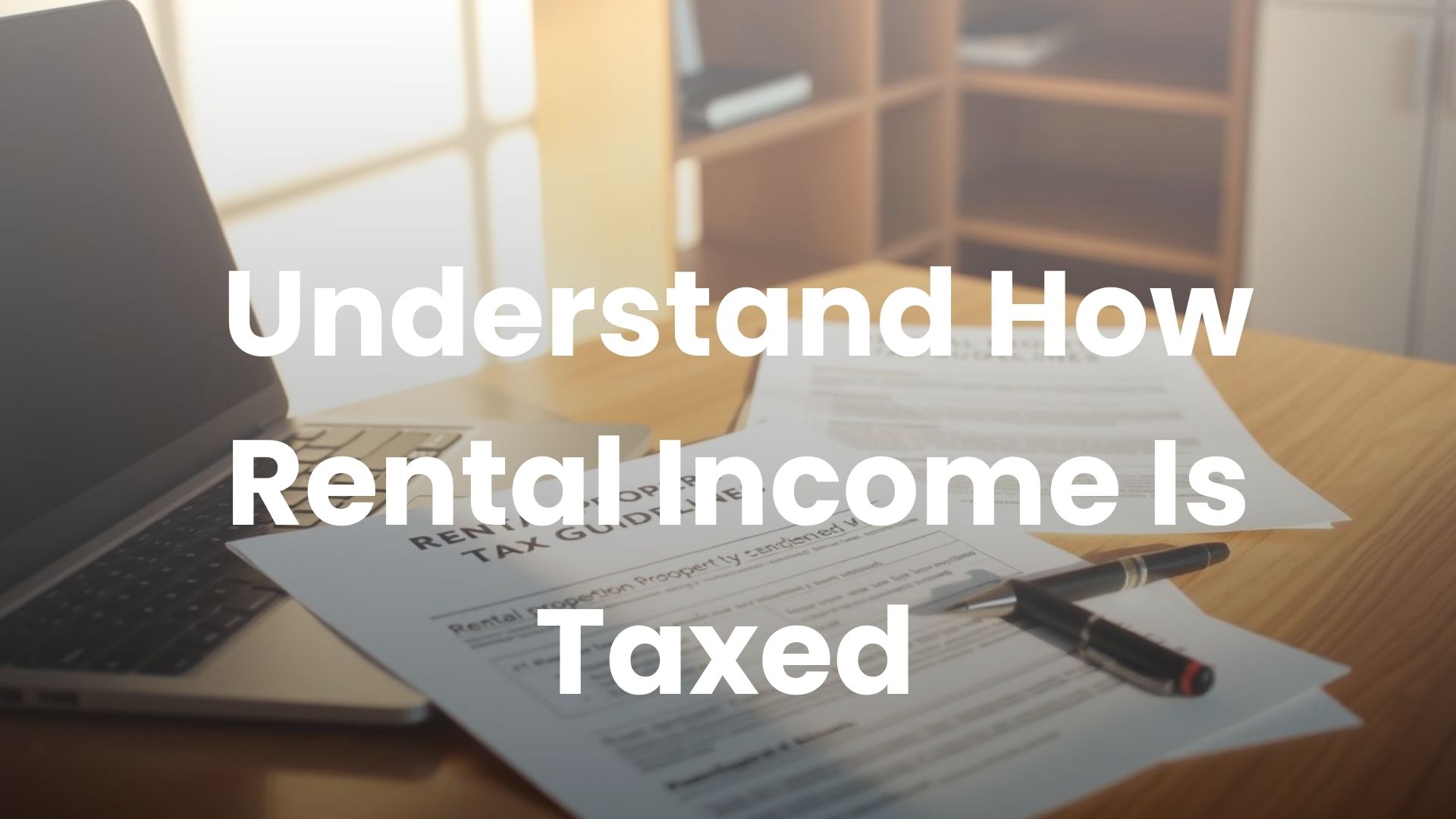Are property taxes included in your mortgage payments? This common question often confuses first-time homebuyers. This article will clarify how property taxes relate to your mortgage loan and payment structure. We’ll explore whether taxes are typically included in mortgage payments, how lenders manage these payments, and the pros and cons of this arrangement. By understanding these key aspects, you’ll be better equipped to manage your homeownership costs and make informed decisions about your mortgage and insurance policy.
Key Takeaways
- Property taxes significantly impact homeownership costs and can affect loan qualifications and equity building
- Escrow accounts help manage property taxes and insurance payments alongside regular mortgage payments
- Lenders adjust escrow accounts for tax rate changes to protect their interests and avoid financial burdens
- After paying off a mortgage, homeowners become directly responsible for property tax payments to local authorities
- Preparing for potential tax increases and budgeting accordingly helps maintain financial stability for homeowners
What Are Property Taxes and Their Role in Homeownership?

Property taxes are essential costs in homeownership, influencing overall expenses and loan structures. Understanding these taxes is crucial for homeowners, especially when considering factors like flood insurance, risk assessment, and Federal Housing Administration loans. This section explores property tax basics and their impact on homeownership costs, including implications for refinancing.
Understanding Property Taxes
Property taxes are annual fees levied by local governments on real estate owners based on their property’s assessed value. These taxes fund essential public services such as schools, roads, and emergency services. Understanding property taxes is crucial for homeowners, as they impact overall homeownership costs and can affect mortgage insurance, foreclosure risks, and compliance with the Real Estate Settlement Procedures Act. Property tax policies vary by location and can influence a homeowner’s ability to maintain their property and avoid financial distress:
| Property Tax Aspect | Impact on Homeownership |
|---|---|
| Assessment | Determines tax amount based on property value |
| Payment Schedule | Affects budgeting and cash flow management |
| Tax Rates | Influences overall cost of homeownership |
| Delinquency | Can lead to liens or foreclosure |
How Property Taxes Influence Homeownership Costs
Property taxes significantly impact homeownership costs, affecting a homeowner’s equity, credit standing, and risk of default. These taxes influence the overall financial burden of owning a home, potentially affecting a homeowner’s ability to qualify for loans, including VA loans. The amount of property tax can also impact a homeowner’s ability to build equity over time. Homeowners should consider property taxes when budgeting for their housing expenses to avoid financial strain and maintain good credit:
- Affects monthly housing costs
- Influences loan qualification
- Impacts equity building potential
- Can lead to default if not managed properly
- May affect credit score if payments are missed
Are Property Taxes Included in Mortgage Payments?

Property taxes are often included in mortgage payments, but not always. This section explores the structure of typical mortgage payments, explains escrow accounts, and outlines situations where taxes might be separate. Understanding these aspects helps homeowners manage costs effectively and work with mortgage companies like Rocket Mortgage to structure their loans. Loan officers can provide guidance on fees and payment arrangements.
Breakdown of a Typical Mortgage Payment
A typical mortgage payment, often referred to as PITI, encompasses principal, interest, taxes, and insurance. Real estate agents and lenders help homeowners understand their total liability, which includes property taxes. These taxes are frequently incorporated into the monthly mortgage payment through an escrow account. Homeowners should consider their income and debt when budgeting for PITI, as it affects their overall financial picture. The breakdown of a typical mortgage payment is as follows:
| Component | Description |
|---|---|
| Principal | Portion of payment reducing loan balance |
| Interest | Cost of borrowing money |
| Taxes | Property taxes collected for local government |
| Insurance | Homeowners and, if required, mortgage insurance |
Escrow Accounts Explained
Escrow accounts are financial tools used by mortgage servicers to manage property taxes and homeowners insurance payments on behalf of borrowers. These accounts collect a portion of these expenses monthly, alongside the regular mortgage payment, ensuring funds are available when annual or semi-annual bills are due. By incorporating property taxes and insurance into the monthly mortgage payment, escrow accounts help homeowners avoid large lump-sum payments and reduce the risk of tax liens or lapses in coverage.
Situations Where Taxes Might Not Be Included
In some cases, property taxes may not be included in mortgage payments, requiring homeowners to manage these expenses separately. This situation often occurs when borrowers have a significant down payment or equity in their home, allowing them to waive the escrow account requirement. Homeowners who opt out of escrow must budget carefully, considering factors such as homestead exemptions, tax rates, and insurance premiums, to ensure timely payment of property taxes. Proper planning is essential to avoid financial strain and potential tax liens. Here are key considerations for homeowners managing property taxes separately:
- Set aside funds monthly for annual tax bills
- Stay informed about local tax rates and assessment changes
- Explore potential tax deductions on tax returns
- Consider automatic savings plans for tax payments
- Review insurance policies annually to adjust premiums if necessary
How Lenders Manage Property Tax Payments

Lenders manage property tax payments through escrow accounts, ensuring timely payments and protecting their interests. This section examines how lenders collect taxes through escrow and adjust for changes in tax rates. Understanding these processes helps homeowners grasp the relationship between their mortgage, credit score, and potential liens, while maintaining an appropriate debt-to-income ratio.
Collecting Taxes Through Escrow
Lenders typically collect property taxes through escrow accounts as part of the mortgage payment process. This option allows homeowners to spread their tax burden over the year, with a percentage of the annual tax bill included in each monthly mortgage payment. By managing property taxes in this manner, lenders protect their interests and ensure timely payments, which can positively impact a borrower’s interest rate and overall mortgage terms.
Adjusting for Changes in Tax Rates
Lenders actively monitor and adjust for changes in property tax rates to ensure accurate escrow accounts and mortgage payments. When local governments modify tax assessments or rates, lenders recalculate the escrow portion of the mortgage payment to cover the new tax amount. This process helps homeowners avoid unexpected financial burdens and maintains the lender’s protection against potential liens or foreclosures due to unpaid taxes. Lenders typically review escrow accounts annually, considering factors such as flood risk and real estate market changes, to determine if adjustments are necessary:
| Factor | Impact on Escrow Adjustment |
|---|---|
| Tax Rate Increase | Higher monthly escrow payment |
| Property Value Reassessment | Potential change in tax amount |
| Flood Zone Reclassification | May affect insurance costs |
| Home Improvements | Could increase property value and taxes |
Advantages and Disadvantages of Including Taxes in Mortgage Payments

Including property taxes in mortgage payments offers both advantages and challenges for homeowners. This section examines the benefits of combined payments, such as simplified budgeting and potential home equity growth. It also explores key considerations before escrowing taxes, including the impact on lump sum payments and legal requirements. Understanding these factors helps homeowners make informed decisions about managing this significant expense.
Benefits of Combined Payments
Combined payments offer several benefits for homeowners, including simplified budgeting and potential tax deductions. By incorporating property taxes into monthly mortgage payments, homeowners can avoid large annual or semi-annual tax bills, making it easier to manage their finances. This approach also ensures timely payments to local governments, reducing the risk of penalties or liens. As an equal housing lender, many financial institutions encourage this method to promote responsible homeownership and help borrowers maintain good standing with tax authorities.
Considerations Before Escrowing Taxes
Before choosing to escrow taxes, homeowners should consider several factors that may impact their financial situation. These include the potential for larger upfront costs, as lenders may require a cushion in the escrow account, and the loss of control over when tax payments are made. Homeowners should also evaluate their ability to manage large annual payments independently and consider the impact on their cash flow. Key considerations include:
- Escrow cushion requirements and initial setup costs
- Impact on monthly budget versus annual lump sum payments
- Flexibility in timing of tax payments
- Potential for escrow shortages or overages
- Individual financial management skills and preferences
Dealing With Property Tax Increases

Property tax increases can significantly impact homeowners’ monthly mortgage payments, especially when taxes are included in escrow accounts. This section examines how tax hikes affect monthly payments and outlines strategies for homeowners to prepare for potential changes. Understanding these aspects helps maintain financial stability and avoid unexpected costs.
Effects on Your Monthly Payments
Property tax increases directly affect monthly mortgage payments when taxes are included in escrow accounts. When local governments raise tax rates or reassess property values, lenders adjust the escrow portion of the mortgage payment to cover the new tax amount. This can result in higher monthly payments for homeowners, potentially straining their budget. Homeowners should stay informed about local tax trends and be prepared for potential increases to avoid financial surprises.
Ways to Prepare for Tax Changes
Homeowners can prepare for property tax changes by monitoring local tax assessments and budgeting for potential increases. They should review their property’s assessed value regularly and consider appealing if it seems inaccurate. Setting aside extra funds each month can help cushion the impact of tax hikes. Homeowners may also explore tax exemptions or credits they qualify for to reduce their overall tax burden.
Managing Property Taxes After Paying Off Your Mortgage

After paying off a mortgage, homeowners become directly responsible for property tax payments. This section explores the transition to direct tax payments and offers strategies for maintaining timely tax obligations. Understanding these aspects helps homeowners manage their finances effectively and avoid potential legal issues related to unpaid property taxes.
Direct Payment to Tax Authorities
After paying off a mortgage, homeowners must transition to making direct property tax payments to local tax authorities. This shift requires careful planning and budgeting to ensure timely payments and avoid potential penalties or liens. Homeowners should contact their local tax office to confirm payment schedules, amounts due, and accepted payment methods. Setting up automatic payments or reminders can help maintain consistent and punctual tax obligations, ensuring continued compliance with local tax laws.
Tips for Staying Current on Tax Obligations
Staying current on tax obligations after paying off a mortgage requires proactive financial management. Homeowners should create a dedicated savings account for property taxes, setting aside a portion of the annual amount each month. They can also explore online payment options offered by local tax authorities, which often provide convenient scheduling and automatic reminders. Homeowners should review their tax bills promptly upon receipt and address any discrepancies or questions with the assessor’s office to avoid delays or complications. The following table outlines key strategies for managing property tax obligations:
| Strategy | Description |
|---|---|
| Monthly Savings | Set aside funds regularly for annual tax bills |
| Online Payments | Utilize electronic payment systems for convenience |
| Bill Review | Promptly check tax bills for accuracy |
| Communication | Address concerns with tax authorities proactively |
Conclusion
Understanding whether property taxes are included in mortgage payments is crucial for effective financial planning and homeownership. Knowing how lenders manage property taxes through escrow accounts helps homeowners budget accurately and avoid unexpected financial burdens. Recognizing the advantages and disadvantages of including taxes in mortgage payments empowers homeowners to make informed decisions about their preferred payment structure. Ultimately, a clear understanding of property tax management ensures homeowners can maintain financial stability, comply with tax obligations, and protect their investment in the long term.

